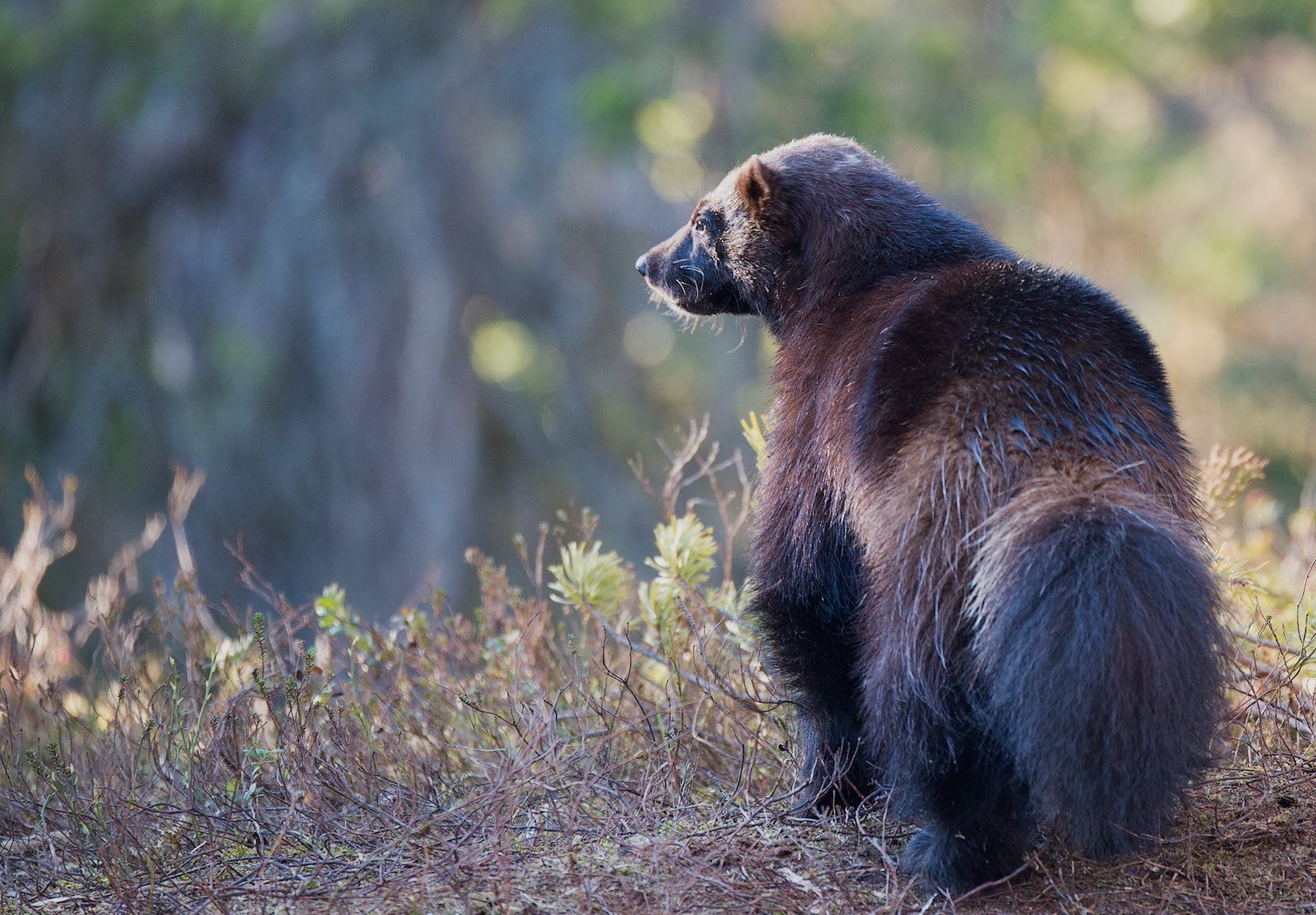By Marshall Swearingen MSU NEWS SERVICE
BOZEMAN –
Following a multi-year study conducted by a Montana State University scientist,
a team of researchers has shown for the first time that a major highway
disproportionately limits movement of female wolverines, suggesting that
roads throughout the rare species’ North American range could be
impacting wolverine populations.
Tony
Clevenger, wildlife research scientist at MSU’s Western Transportation
Institute, and collaborators examined the effects of the highway on male and
female wolverines in Banff, Yoho and Kootenay national parks from
2010 to 2014. The study was part of Parks Canada’s widening of the Trans-Canada
Highway from two to four lanes in the Canadian Rocky Mountains.
Clevenger’s
team used a noninvasive method of gathering hair samples and through DNA
extraction were able to infer how the wolverines were moving around,
including whether they crossed the highway. The genetic analysis showed that
plenty of males were crossing, according to Mike Sawaya, who was lead author on
the published paper. “But for females it was almost complete
isolation.”

